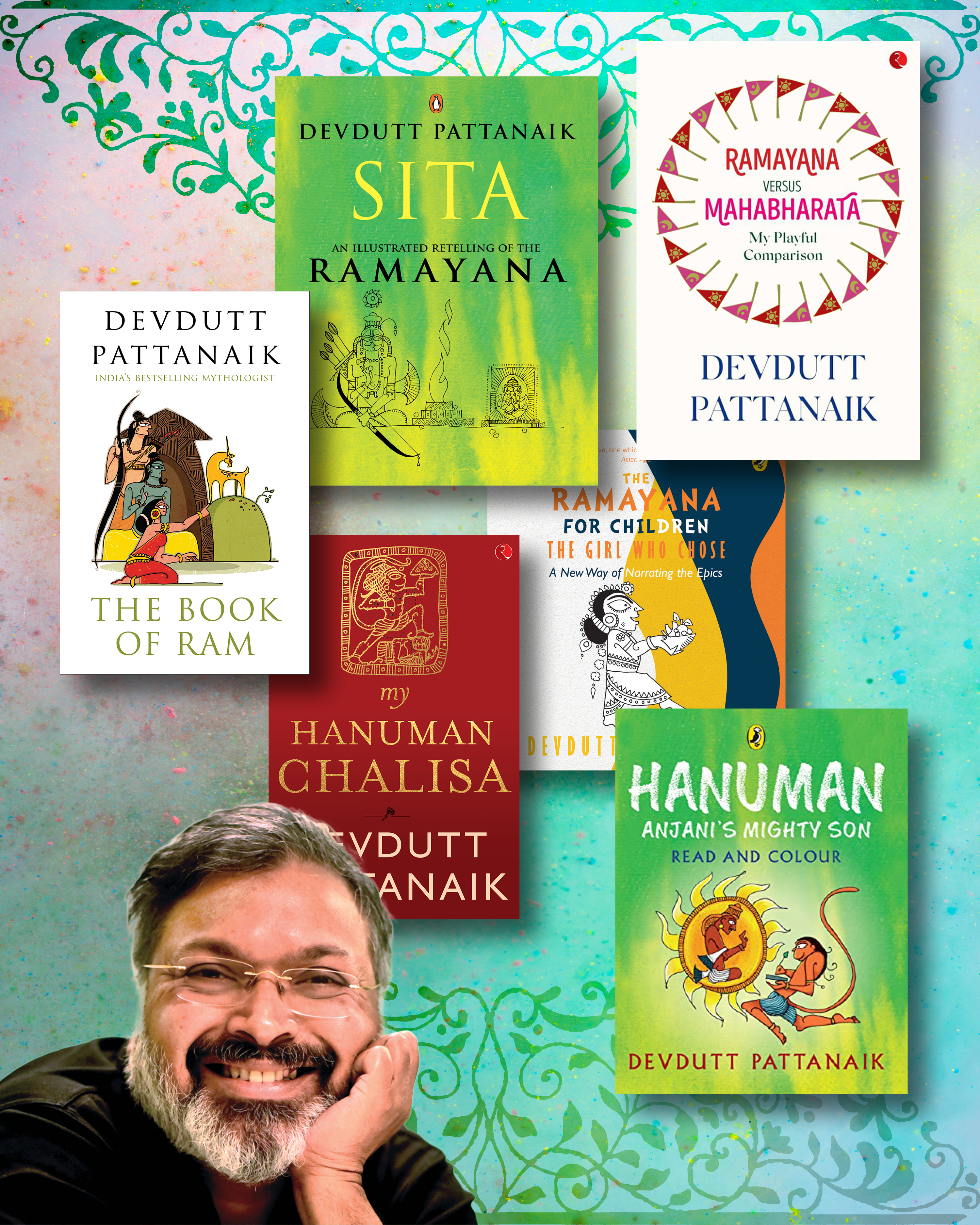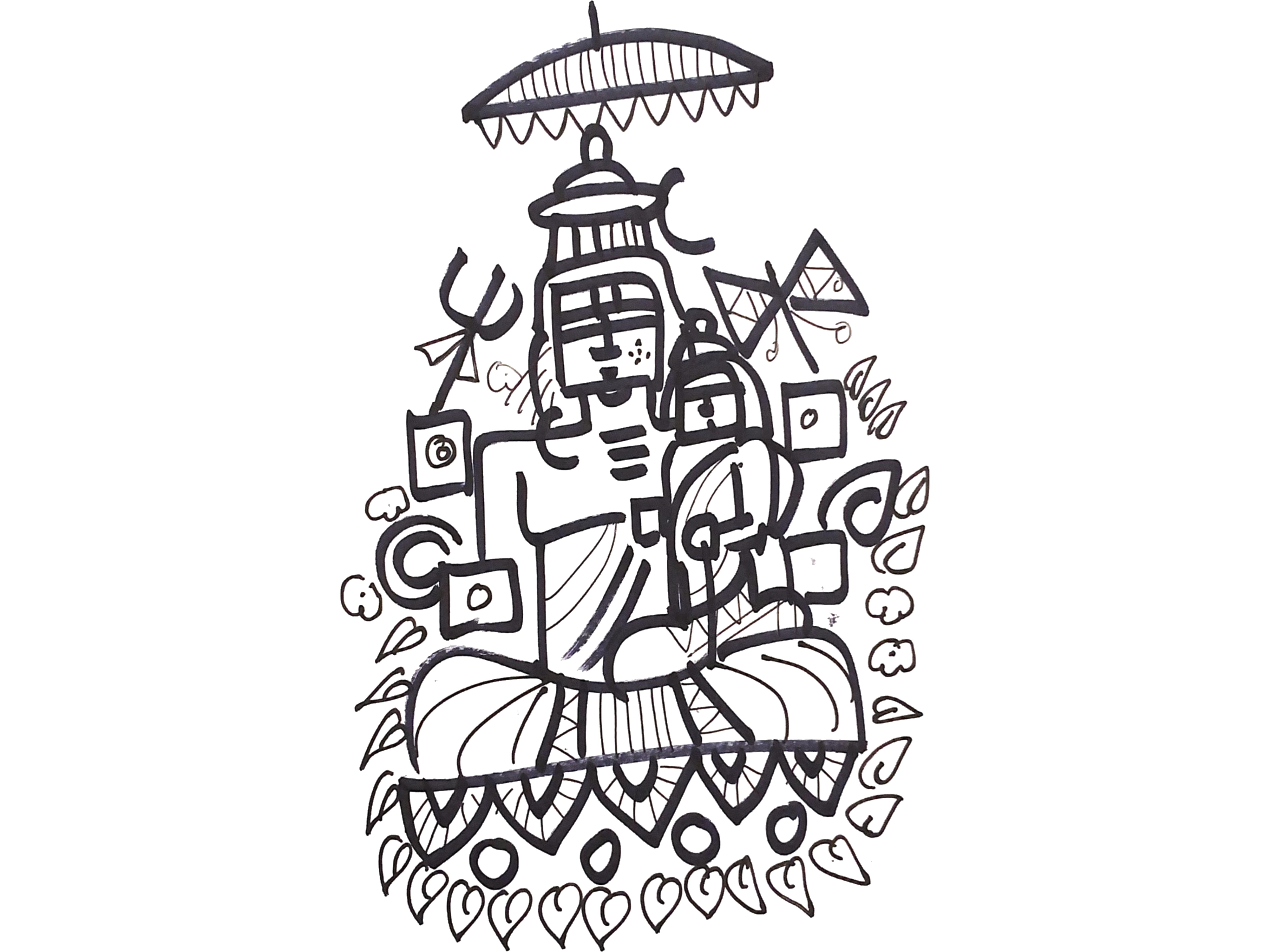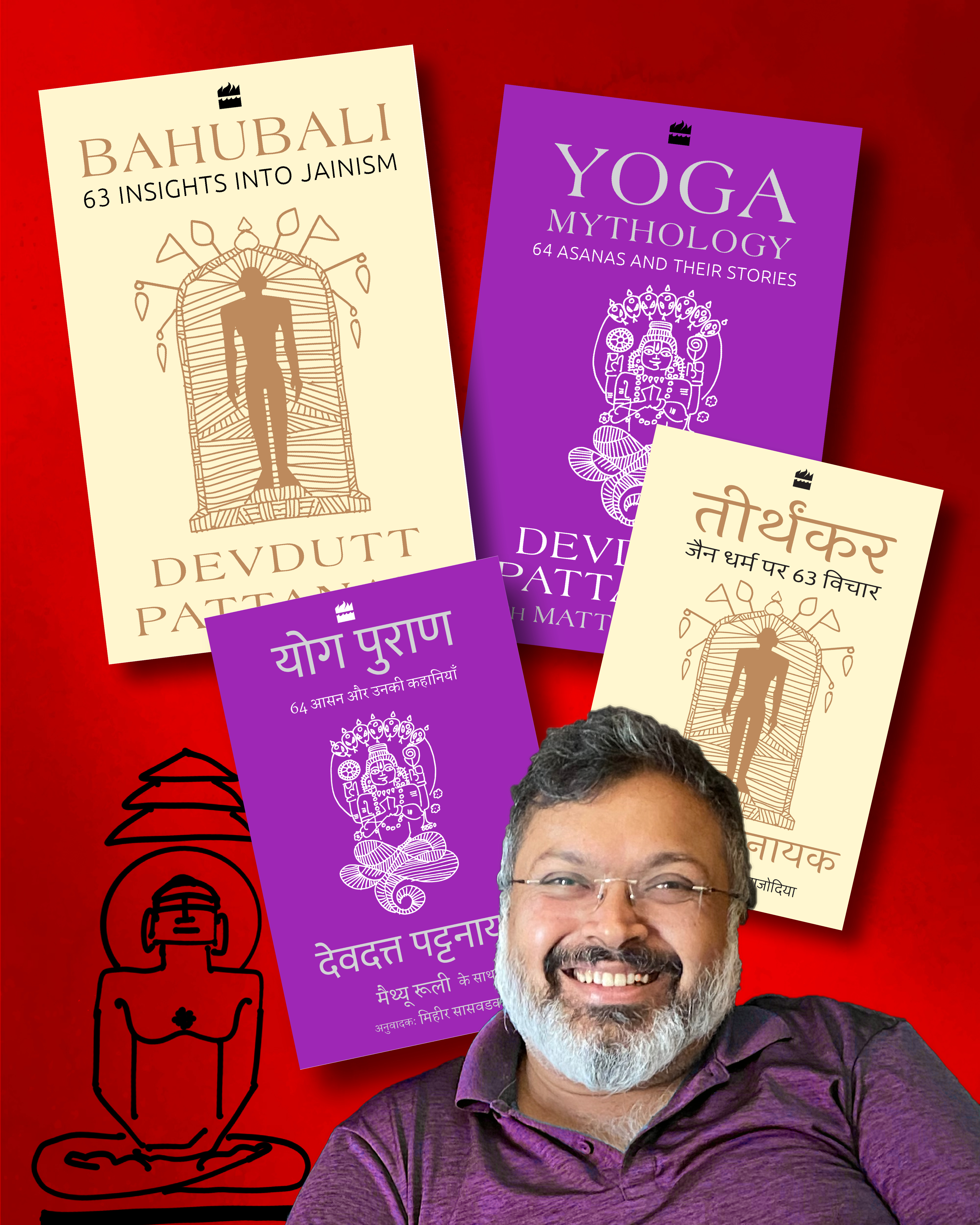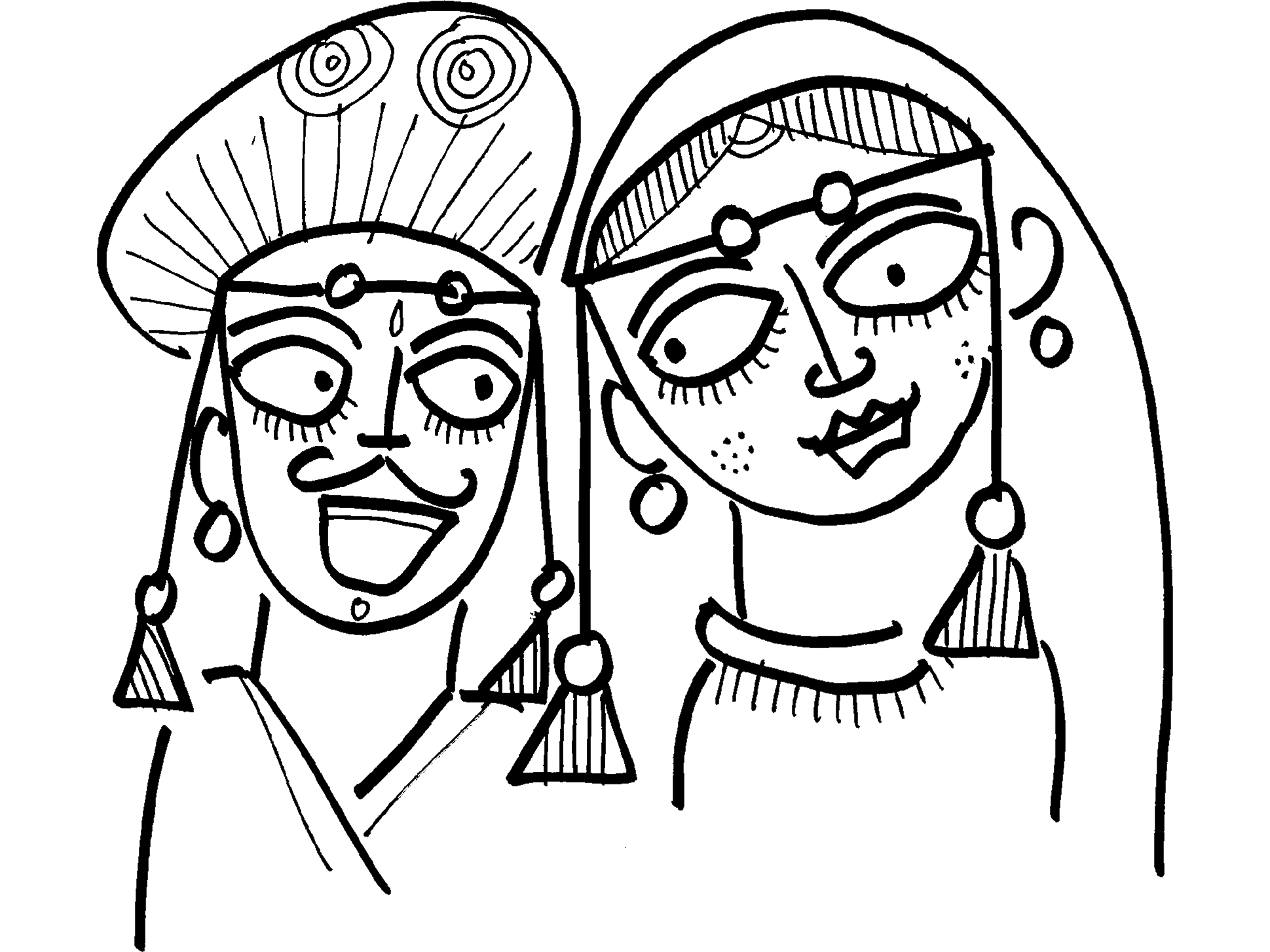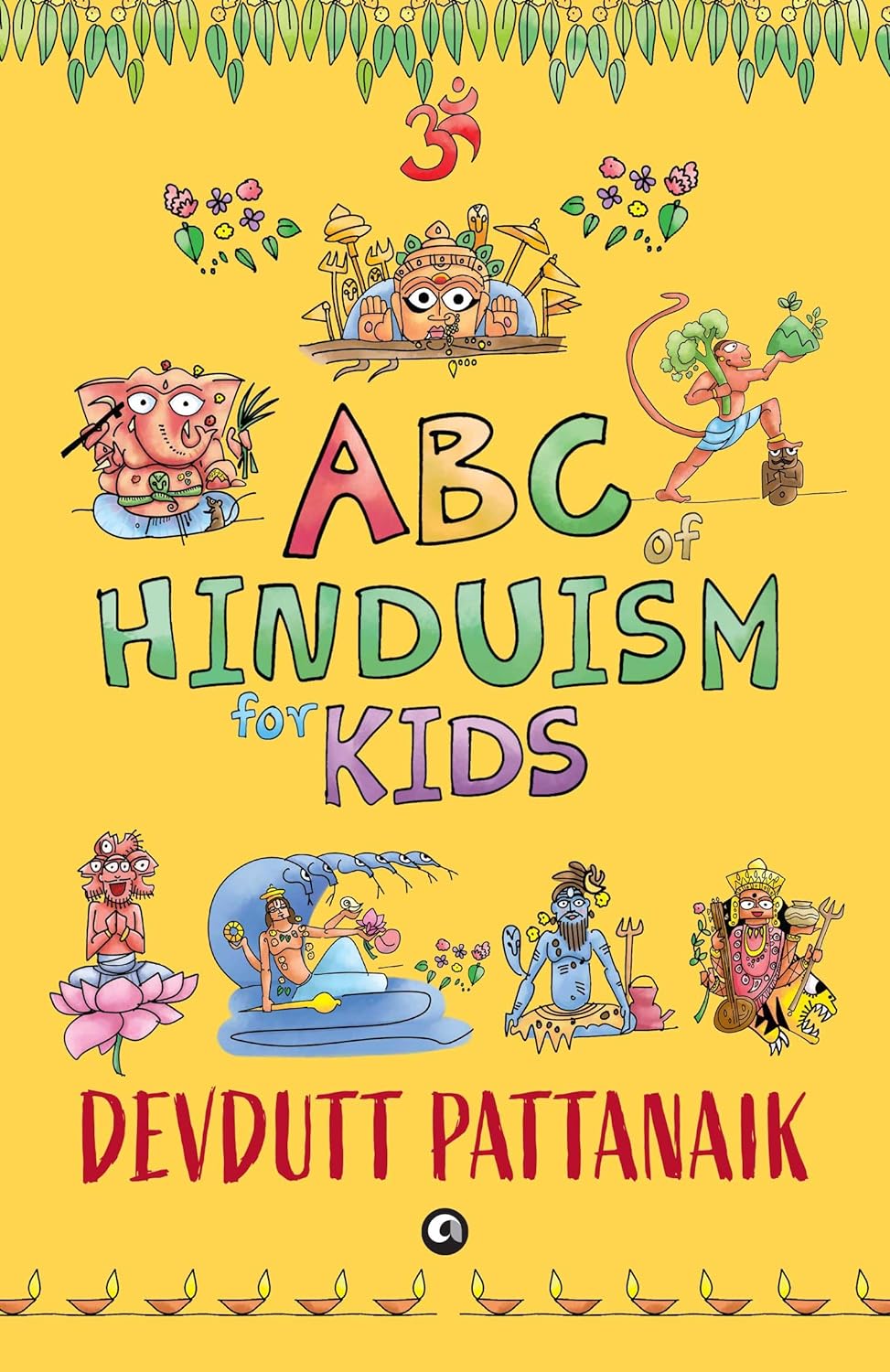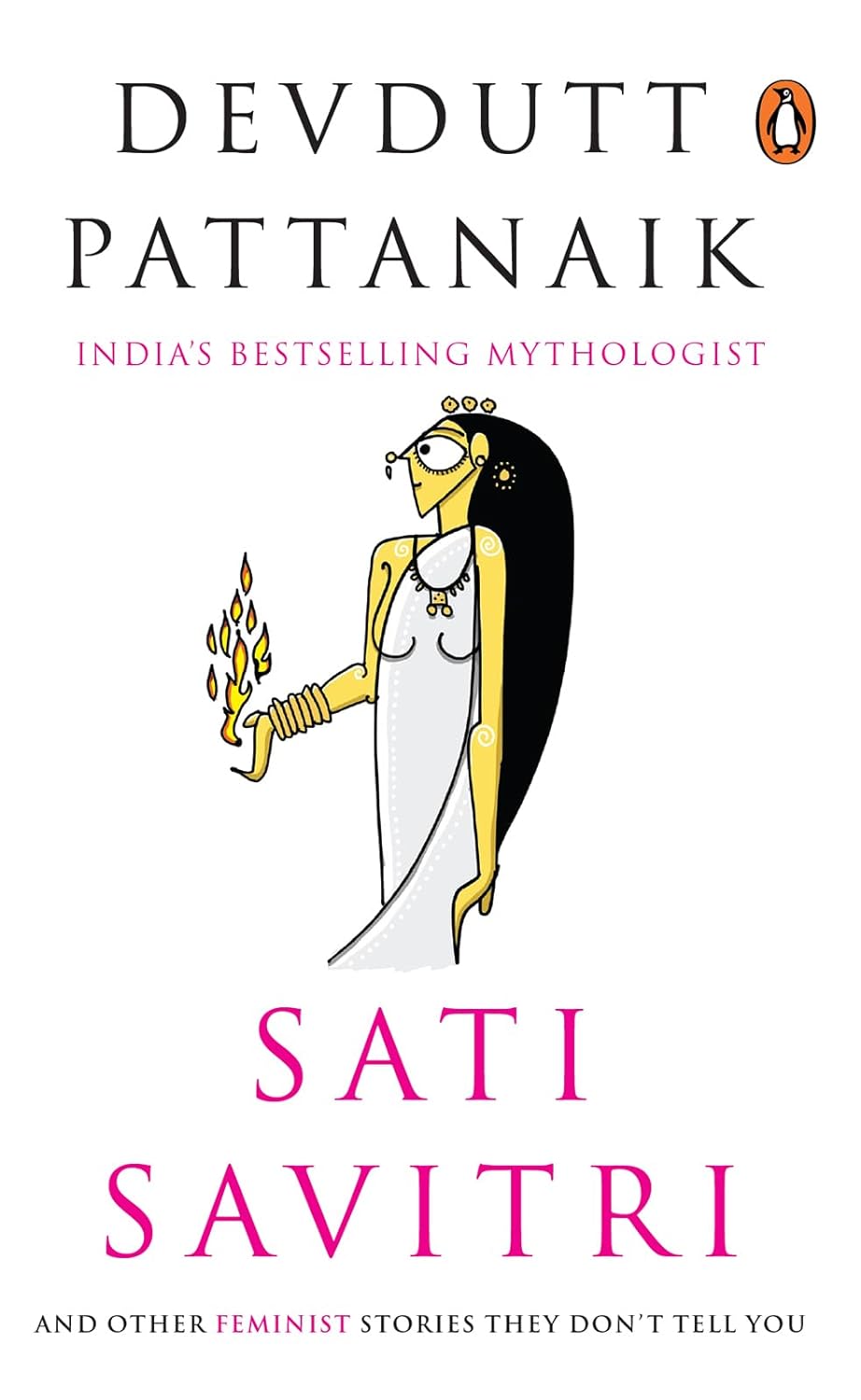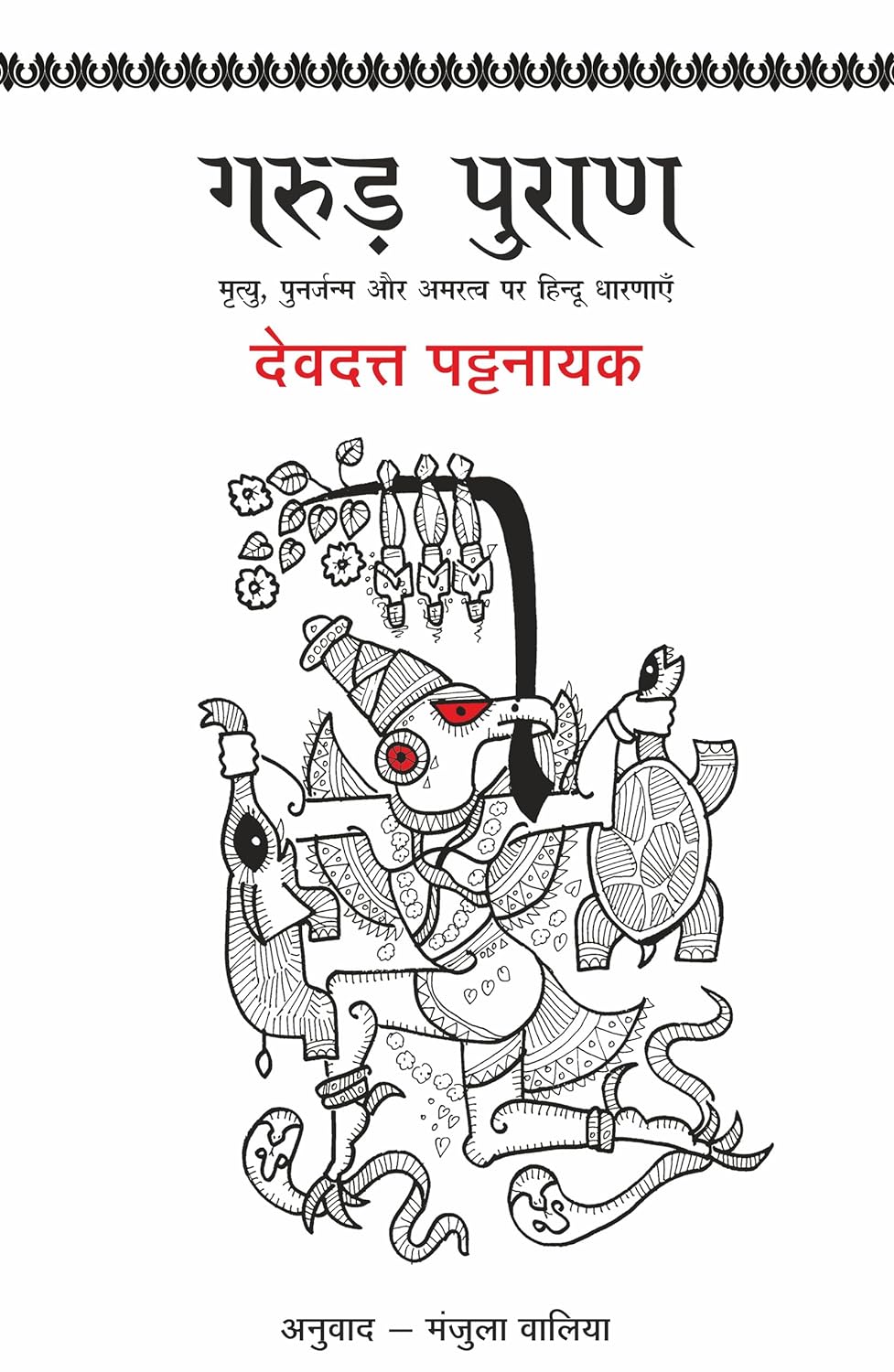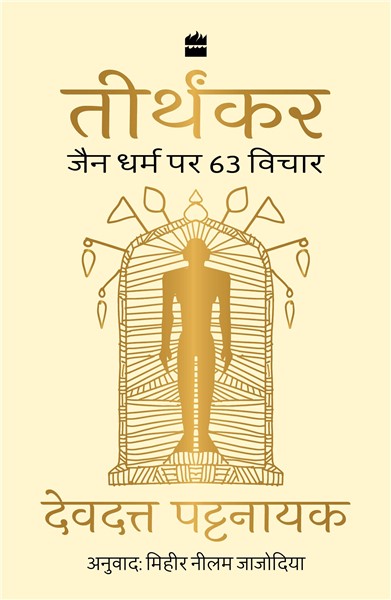Published in Sunday Midday on 13 Dec 2009.
In most tales from Hindu lore, women played the role of nymphs and housewives and goddesses associated with fertility. But from time to time one comes upon tales of women who had otherworldly aspirations.
Brihadaranyaka Upanishad tells the story of Gargi whose sharp mind and tongue irritated many sages. Janaka, king of Videha, dissatisfied with esoteric rituals, invited sages from all over the land to his kingdom and offered cows with gold plated horns to anyone who helped him understand the true nature of the cosmos. Rishis, siddhis, yogis, all men attended the debate. Yagnavalkya dominated the conference with his view that perceived reality is not the absolute truth and that yoga is the real yagna. During the proceedings, a woman walked naked into Janaka’s court and introduced herself as Gargi. While all men looked at her body, it was with her mind that the woman astounded the assembled scholars. She asked Yagnavalkya on what is the foundation of water, the principle of life. ‘Wind,’ replied Yagnavalaya. And of wind? ‘Space.’ And of space? ‘Gandharvas?’ And of gandharvas? ‘The moon.’ And of the moons? ‘The sun.’ And of the sun? . ‘The stars.’ And of the stars? ‘The gods.’ And of the gods? ‘Indra.’ And of Indra? ‘Prajapati.’ And of Prajapati? ‘Brahman.’ And of Brahman? Exasperated by these unending questions, Yagnavalkya asked Gargi not to ask too many question on that which is unfathomable lest her head fall off. Gargi smiled and declared that Yagnavalkya was the wisest sage in the assembly.
The Mahabharata tells us of women whose approach to life was so philosophical even when faced with death. Gautami’s son died of a snake-bite. A hunter caught the snake and brought it to Gautami. ‘Let it go. Killing it will not get my son back. Serpents bite and people die. Such is the way of samsara,’ she said.
The Mahabharata also tells the tale of an ascetic woman Shandili who did not appreciate being treated as a sex-object. Shandili was a pious woman who lived an ascetic’s life atop Mount Rishabha. One day Suparna, the divine falcon-god, saw her and entertained the thought of carrying her away. Instantly his golden wings dropped off. Suparana came crashing to the ground and begged Shandili to forgive him as he did not seek to molest her. Shandili forgave him and restored his wings.
In medieval times, one hears of Mira, the Rajput princess from North India, who refused to acknowledge her husband as her true lord. When he died, she did not burn herself on his funeral pyre, as tradition demanded of her. Instead she danced on the streets of Mathura and Vrindavana singing praises of her divine lord Krishna.
In South India, the daughter of a priest named Andal did not get married because her heart belonged to Krishna, her heavenly beloved. A woman’s spiritual prowess scared off men for they were used to seeing women as objects of worldly pleasure.
The Tamil Periya Puranam speaks of one Punidavati who lived in the village of Karaikal with her husband Paramadatta, a seafaring merchant. She was so devoted to Shiva that the lord bestowed upon her magical powers. Her ability to conjure sweet mangoes by merely wishing for them, scared her husband who, after his next voyage, did not return home. Instead, he went to the city of Madurai, married another woman and raised a family with her. When Punidavati learnt why her husband had left her, she realized she had no more use of her beautiful body. By the grace of Shiva, she transformed herself into a crone, with shriveled breasts and gaunt features so that no man could look upon her with eyes of desire. Thus she was free to devote herself to her lord. She became renowned as Karaikal Ammaiyar, the matriarch of Karaikal.
It is interesting to note that Karaikal Ammaiyar rejects her body before she begins her pursuit of spirituality. She does not want to be attractive. She knows that an attractive body will result in the unwarranted attention of men and distract her from her path. She does not for a moment feel that an attractive and loving man could tempt her away. She has full confidence that she will not lose control but she clearly lacks confidence in the men around her. Says a lot about the male gaze in medieval times.



